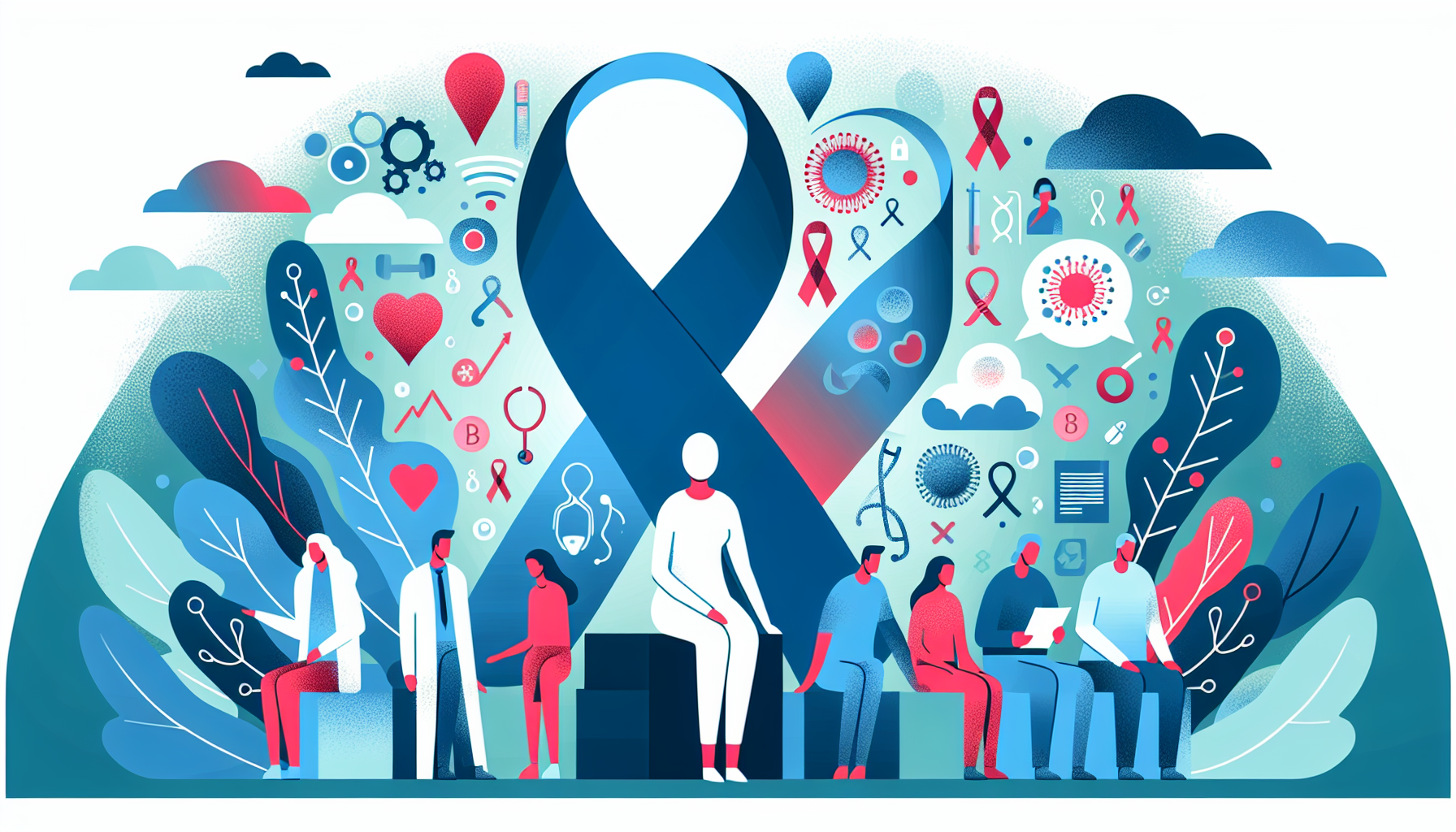Tardive dyskinesia (TD) is a side effect that can occur when taking certain medications, particularly antipsychotic drugs used to treat mental health disorders such as schizophrenia and bipolar disorder. TD causes involuntary, jerky movements in the face and body that can be difficult to control. In this article, we'll explore the causes, symptoms, diagnosis, and treatment options for tardive dyskinesia.
What Causes Tardive Dyskinesia?
Tardive dyskinesia is caused by long-term use of antipsychotic medications, which work by blocking a brain chemical called dopamine. When dopamine levels are too low, it can lead to the involuntary movements associated with TD. The risk of developing TD increases the longer you take these medications, and some people may be more susceptible than others.
Factors that may increase your risk of developing tardive dyskinesia include:
Being over the age of 55
Being female, especially after menopause
Having a history of alcohol or drug abuse
Being of African American or Asian American descent
Symptoms of Tardive Dyskinesia
The symptoms of tardive dyskinesia can vary from person to person, but they typically involve involuntary, repetitive movements. These may include:
Sticking out the tongue
Blinking the eyes rapidly
Smacking or puckering the lips
Puffing out the cheeks
Wiggling the fingers or toes
Thrusting the pelvis
Swaying from side to side
These movements can be fast or slow and may make it difficult to work or engage in daily activities.
Diagnosing Tardive Dyskinesia
Diagnosing tardive dyskinesia can be challenging because symptoms may not appear until months or even years after starting antipsychotic medication. Your doctor will perform a physical exam and may use a tool called the Abnormal Involuntary Movement Scale (AIMS) to assess your symptoms. They may also order blood tests or brain scans to rule out other conditions that can cause similar movements, such as Parkinson's disease or Huntington's disease.
Treatment Options for Tardive Dyskinesia
The primary goal of treatment for tardive dyskinesia is to prevent the condition from occurring. If you are prescribed an antipsychotic medication, be sure to discuss the potential side effects with your doctor and weigh the risks and benefits of treatment.
If you do develop tardive dyskinesia, your doctor may:
Lower the dose of your current medication
Switch you to a newer antipsychotic drug that may be less likely to cause TD
Prescribe a medication specifically approved to treat TD, such as deutetrabenazine (Austedo) or valbenazine (Ingrezza)
Some natural remedies, such as ginkgo biloba, melatonin, and vitamins B6 and E, may also help alleviate symptoms, but it's important to talk to your doctor before starting any new supplements.
Coping with Tardive Dyskinesia
Living with tardive dyskinesia can be challenging, but there are steps you can take to manage your symptoms and improve your quality of life. These may include:
Staying active and engaged in activities you enjoy
Practicing stress-reducing techniques, such as deep breathing or meditation
Joining a support group for people with TD or other movement disorders
Working with an occupational therapist to adapt daily activities and maintain independence
Remember, if you experience any involuntary movements while taking antipsychotic medication, it's important to notify your doctor right away. With proper diagnosis and treatment, many people with tardive dyskinesia are able to manage their symptoms and lead fulfilling lives.
For more information on tardive dyskinesia and other movement disorders, visit:



